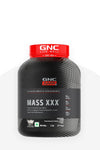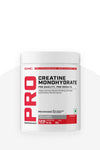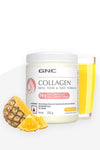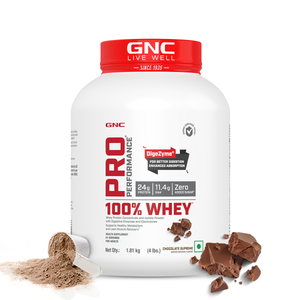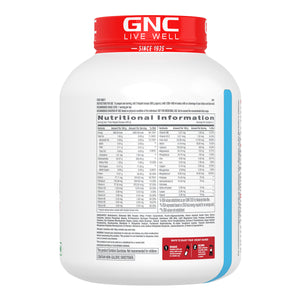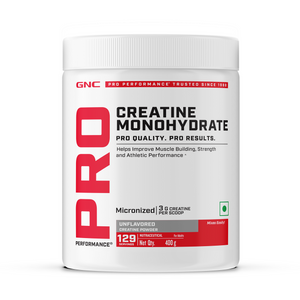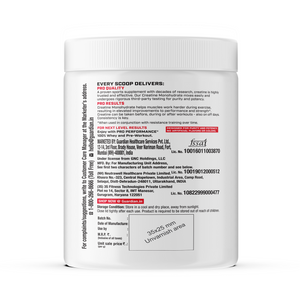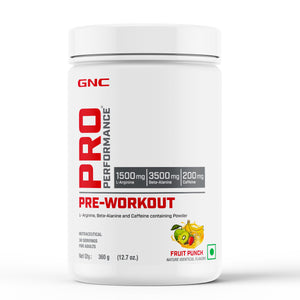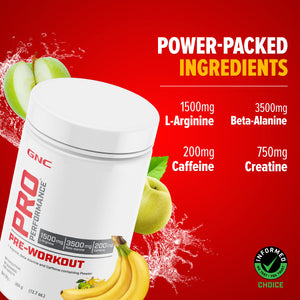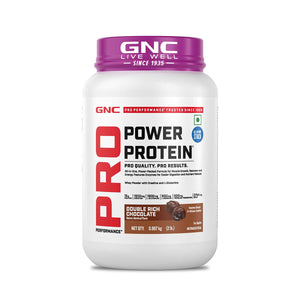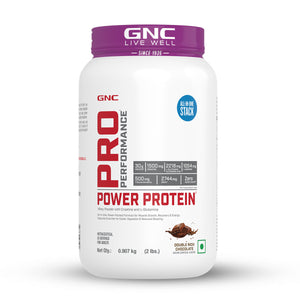
It is very difficult to control air pollution! So, Let’s keep our immune and respiratory system clean from its harmful reactions.
As per World Health Organizations (WHO), the very air we breathe is growing dangerously polluted: nine out of ten people now breathe polluted air, which kills 7 million people every year.
The health effects of air pollution are serious – one-third of deaths from stroke, lung cancer, and heart disease are due to air pollution. This is having an equivalent effect to that of smoking tobacco, and much higher than, say, the effects of eating too much salt.
Air Pollution basically is defined as the one which constitutes of fine particulate matters (PM2.5) and gases, constitutes an environmental risk to human wellbeing.
This environmental risk can increase your risk of cardiovascular and respiratory disease.
Health effects involved with exposure to the air pollutants:
- Increased inflammation of the lungs
- Reduced Respiratory Functions
- Accelerated Cardiac Stiffness
- Impaired Cognitive Function
- Finally, leading to a reduction in life expectancy.

The immediate help that comes in our mind would be air cleaning device or buying a protective mask, but as a preventive measure and to protect us later on, even healthy diets and appropriate supplements can also be useful.
Many studies have found that some nutrients can indeed help to boost our resistance to inhaled environmental pollutants and reduce or neutralize their negative health effects.
Nutrients that help protect you from the deadly effects of air pollution:
Vitamin C: Vitamin C is the water-soluble antioxidants found naturally in many food sources. Cabbage, capsicum, guava, amla, etc. are few excellent sources of Vitamin C. A study conducted on the healthy population suffering from air pollution showed that vitamin C supplementation of approx. 2000mg/day helped prevent completely airway hyperresponsiveness induced by Nitrogen Oxide. Airway Hyperresponsiveness is a kind of airway inflammation that restricts normal flow of the oxygen.

Vitamin E: Vitamin E is one of the important far soluble antioxidants in humans. In one of the studies, oxidative stress biomarkers were measured. These were measured before and after providing vitamin E clubbed with Vitamin C supplements for approx. 6 months. These subjects were then composed to a non-exposed control group.
As compared to the one taking the supplements, these individuals got exposed to airborne pollutants more and markers of protein and lipid damage increases and levels of antioxidants decreased.
Omega-3 Fatty Acids: Many studies have shown that a higher intake of omega-3 PU

FA specifically from fish oil can help reduce the detrimental effects of cardiovascular effects. Omega-3 fatty acids especially DHA and EPA are known to modulate the effect of oxidative stress by increasing the activity of endogenous antioxidants. A study on Chinese students was conducted where patients were assigned 2.5 g marine-derived fish oil or placebo. The fish oil contained 60% of omega-3 fatty acids (36% eicosapentaenoic acid and 24% docosahexaenoic acid). Patients assigned fish oil was found to have stable levels of most cardiovascular biomarkers as PM2.5 levels fluctuated.
B-complex Vitamins: B-complex vitamins includes Vitamin B1, B2, Folate, B12 are the important water-soluble vitamins. These vitamins play a very important in your all cell metabolism. Each B-complex vitamin acts as a cofactor a precursor for the metabolic processes.
In a human trial, when the adults were given b-complex vitamins for four weeks, they were shown to have a

positive effect of PM2.5 on heart rate by 150%, Heart rate variability (HRV) by 90%, WBC count by 139% and lymphocyte count by 106%. These readings were calculated as compared with the placebo.



